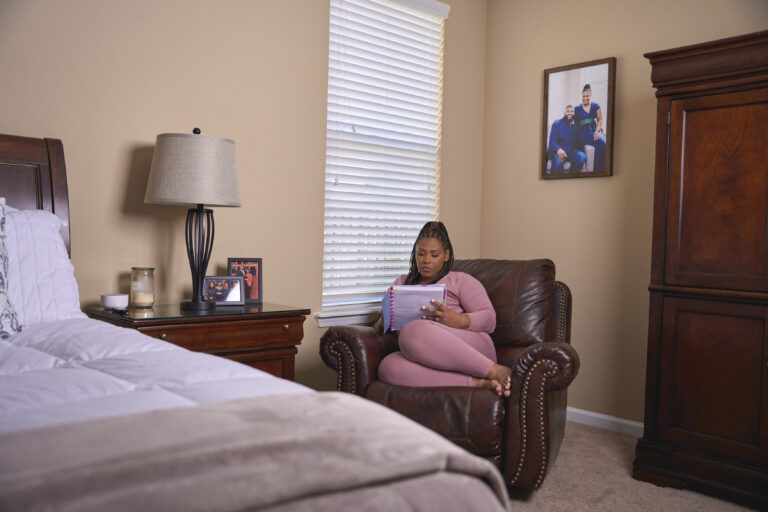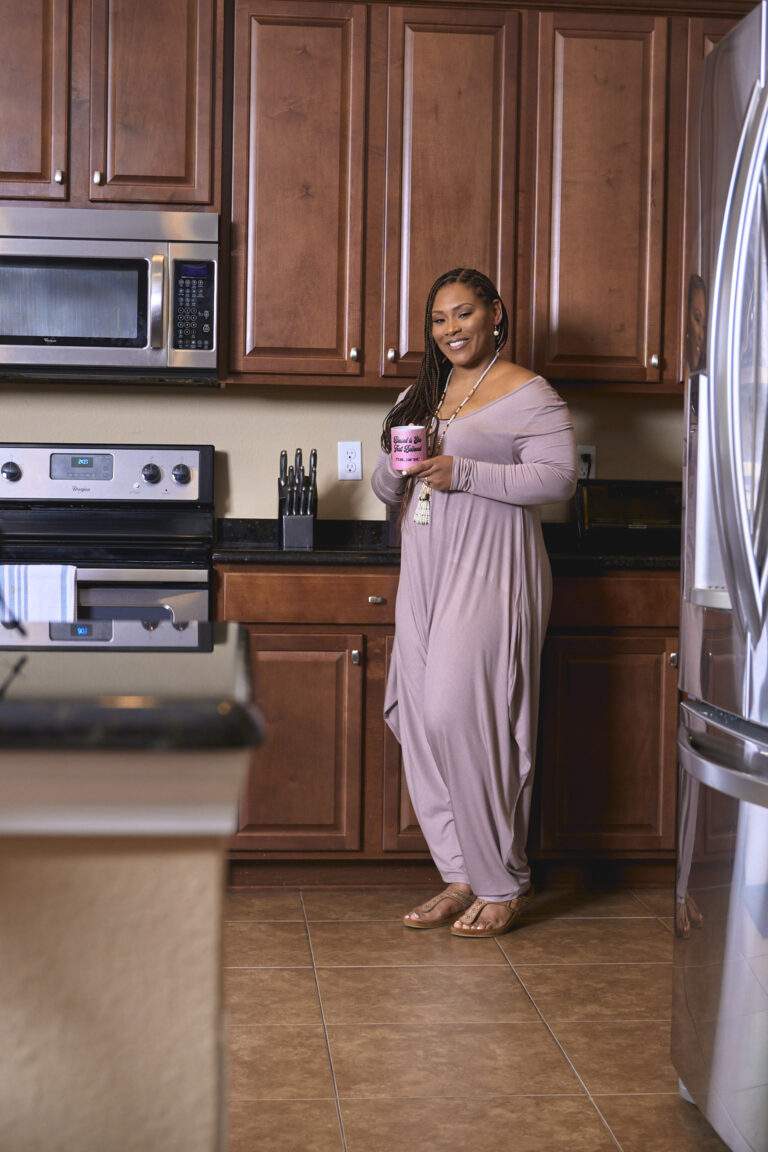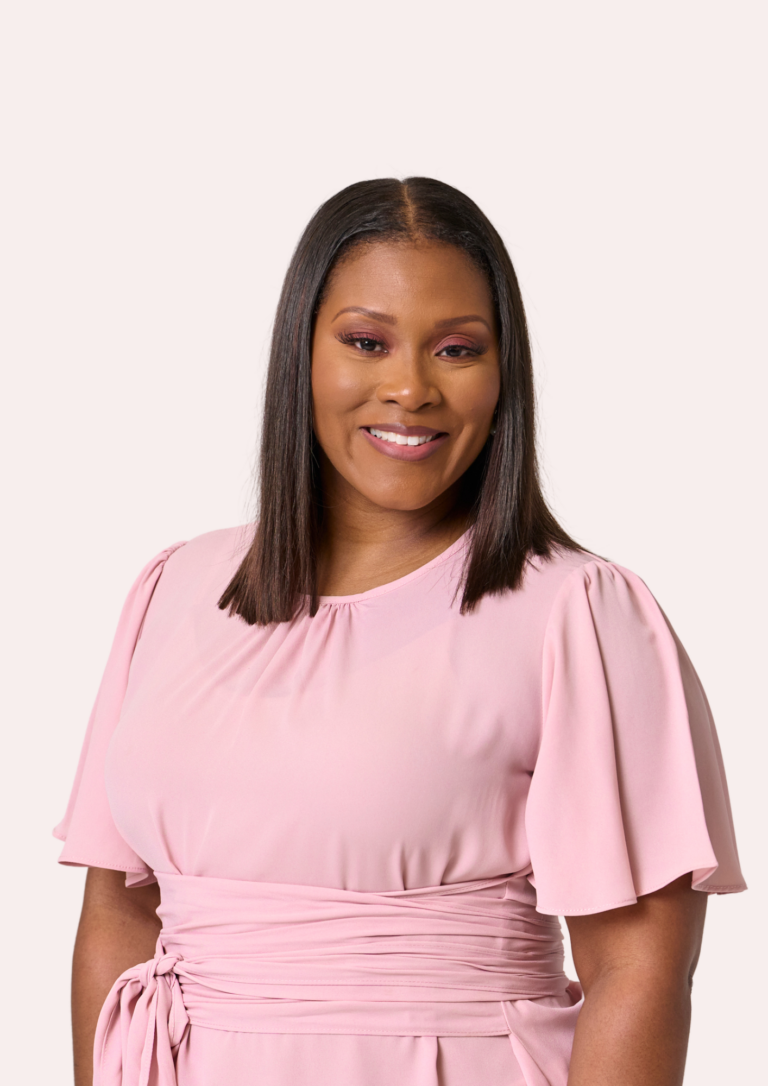Living with Bipolar Disorder
Managing Mental Illness
Have you ever wondered about the intricate connection between our brain chemistry and the development of mental illness? Some medical theories suggest that certain individuals are born with a chemical imbalance, laying the foundation for potential mental health challenges. As for me, I’ve often felt like a textbook case, a living embodiment of someone navigating the complexities of bipolar disorder. It was shortly after my 21st birthday that the symptoms began to emerge, revealing a path I would courageously traverse. Today, I stand before you, a mom, a wife, and a resilient soul, eager to share the invaluable lessons I’ve learned on this transformative journey.
In this deeply personal blog post, tailored to the experiences of moms and wives like you, I want to illuminate the insights gained over 21 years of living with bipolar disorder. Through the highs and lows, the triumphs and challenges, I have discovered profound wisdom that resonates not only with the unique struggles we face as mothers and wives, but also with the universal human experience. Together, let us explore these 21 life-altering lessons, drawing strength and inspiration from one another as we navigate the complexities of our roles while gracefully managing mental illness.
Join me as we embrace vulnerability, celebrate resilience, and ignite hope within our hearts. Together, we can transform our journey into a beacon of light, fostering understanding, compassion, and mental wellness.
21 Lessons I’ve Learned from 21 years of Living with Bipolar Disorder:
- I am “normal”.
We are all unique in our own way. Having a mental illness doesn’t make me any less normal than anyone else. - Medication is essential.
Medication can make the difference between life and death. Most people wouldn’t refuse to take their insulin if they were diabetic. I take that same approach when taking my psychiatric medication. - Include therapy as a part of your treatment.
A therapist can become like a good friend who’s able to offer a listening ear, a word of advice, or just a shoulder to cry on. - Get the care you deserve.
Having a marriage counselor, psychologist, and a psychiatrist helps me to receive quality care. Receiving multiple perspectives from mental health professionals with different specialties is extremely beneficial. - Stop the cycle.
Although mental illness is thought to be hereditary, educating myself and dealing with my issues can prevent the cycle from perpetuating further. - Read everything!
Medication guides, medical journals, online articles, patient reviews of doctors, hospital policies and procedures. Knowledge truly is power. - Depression is an illness, not an emotion.
Depression is a mental illness and seeking and receiving proper treatment can be lifesaving. - Things will get better.
Being bipolar means that I will go through cycles of deep sadness and extreme happiness. The good news is that the sadness doesn’t last forever. The key is finding and maintaining the right balance. - Take care of your body.
Being physically healthy helps a great deal in maintaining my mental wellness while living with bipolar disorder. Eating clean and working out regularly really does make a world of difference. - Sleep is essential.
I am never ashamed of letting my friends and family know when I need to leave an event or skip it all together. Maintaining my bedtime routine is a priority for my well-being. - Prayer is powerful, but that’s not all.
Mental illness is not something that can be prayed away. Prayer is powerful and it certainly has the power to change things. However, bipolar disorder is an illness that needs to be treated by mental health professionals. - If it’s not life-giving, it’s life-draining.
If it causes me more stress and anxiety than joy, I’ve learned that it’s okay to walk away. - Build your team.
Take the time to get to know your doctors, including both medical and mental health practitioners. Build a team of providers who will be sure to provide the absolute best care that is available to you. - It’s a family affair.
Talk to your family and friends about protocols to follow if/when you have a mental health emergency. Have a list of signs and symptoms that they should look for to know when it’s time to take action. - Be proactive.
Ensure that as the primary caregiver/contact for your children’s schools, you explicitly grant permission for the school to communicate with a designated family member during emergencies. - Be prepared.
Request ROI and HIPPA Releases from your healthcare providers. Take time to complete these forms in advance of a mental health emergency. This will allow your emergency contact to speak to your doctors on your behalf when necessary. - Prioritize your marriage.
Consider adding a marriage counselor to your team of providers. Meet with them on a regular basis along with your spouse, even when everything in your marriage seems to be copasetic. - Early intervention is essential.
Do not be afraid or ashamed to seek mental health treatment for your children. Mental illness is often hereditary but is also very manageable in both children and adults. It’s most important that the proper interventions are made and treatment is received early on. - Don’t be afraid to ask for help.
Seek help when you need it, no matter why you may need it. Additionally, take time to care for yourself and decompress after encountering people, places, and/or things that may be life-draining. - Bipolar is what I am, it is not who I am.
Although bipolar is a chronic disorder it is extremely manageable. I have been able to have a beautiful and prosperous life in spite of this illness. - It is what it is.
Everyone will not understand what it’s like to live with bipolar disorder and it is not my job to make them do so.
As we come to the end of this transformative journey through 21 lessons learned from living with bipolar disorder, I want to leave you with a heartfelt message that transcends the boundaries of diagnosis. No matter what mental state you may find yourself currently in, I believe that the wisdom shared in this list holds the power to uplift, inspire, and guide you towards a life of balance and inner peace.
Each lesson represents a beacon of hope, a testament to resilience, and a reminder of the incredible strength within us all. As moms and wives, we face unique challenges, but we are united in our pursuit of wellness and the desire to create fulfilling lives for ourselves and our loved ones.
May these lessons serve as gentle reminders that you are not alone on your journey. Embrace the power of self-care, cultivate connections, and honor the significance of your own mental well-being. Through it all, remember that your story is one of strength, courage, and unwavering love.
As we continue to navigate the complexities of life, let these lessons be a guiding light, illuminating the path towards balance, peace, and an unyielding commitment to our own well-being. Together, we can rise above challenges, support one another, and embrace the beauty of our roles as moms and wives.
I hope that you are inspired to embrace your journey with open arms and you feel empowered to cultivate a life filled with joy, purpose, and the resilience to overcome any obstacles that come your way. You are capable, you are deserving, and you are a shining example of the extraordinary power of the human spirit.






